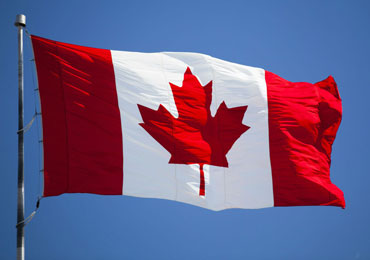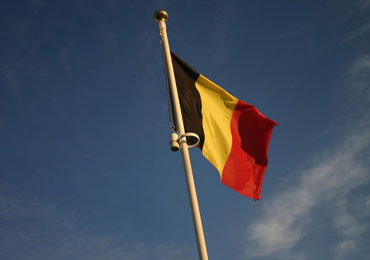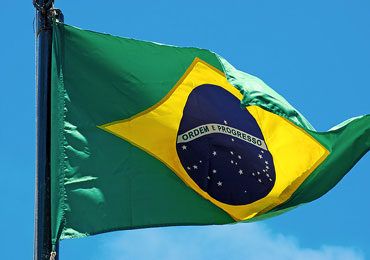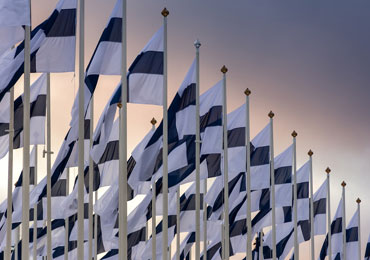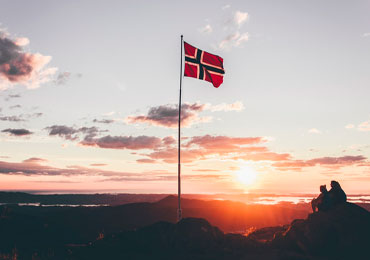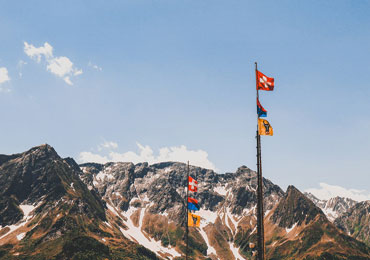History of Vancouver
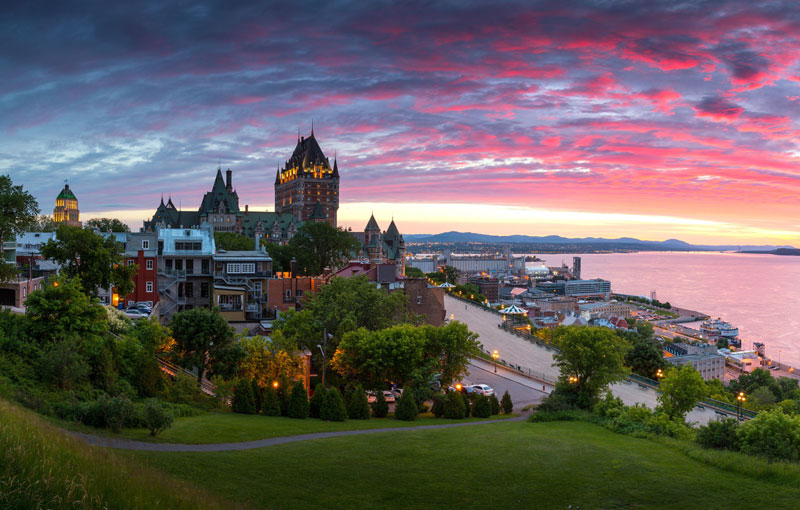
Vancouver, Canada, has a diverse and rich history. Unique pioneers remember Indians for the Europeans, coast, and settlements, including Gas town and Stanley Park.
Before the Europeans explored Vancouver, this zone was principally woods that were possessed by local native Indians. There are mountains on the North Shore of the country, which numerous individuals currently known as Cypress Mountains, the Grouse Mountains, and Mount Seymour. The environment here is calm, and there are a lot of characteristic assets. There are delightful oceans just as a tremendous shoreline.
For a very long time, about 10,000 years ago, local individuals lived on the site of Vancouver. Jose Maria Narvaez, a Spaniard, arrived at the area through the route led by the ocean in 1791. Vancouver was a little sawmilling settlement called Granville during the 1870s. It was joined as a city in April 1886 and was renamed to respect the English guide George Vancouver of the Royal Navy, who had investigated and overviewed the coast in 1792. A terrible fire only two months after the fuse demolished the city in under 60 minutes. The city recuperated, despite that, to turn into a well-off port, supported partially by the establishment of the Panama Canal in 1914, which made it financially practical to trade grain and wood from Vancouver towards the east bank of the United States and to Europe. In 1929 two huge rural areas toward the south, South Vancouver and Point Gray merged with Vancouver, and its metropolitan zone turned into the third generally crowded in Canada. By the 1930s Vancouver was Canada's significant Pacific coast port. After World War II it formed into Canada's fundamental business center for exchange with Asia and the Pacific Rim.
The city has for quite some time been a famous destination for colonists both from different pieces of Canada and from abroad. The deluge of East Asians, basically Chinese, has been remarkable, particularly since World War II. Against Asian mobs and flare-ups of brutality were not inconsistent during the city's most initial years. By 1901 Vancouver was a clamoring city of 26,000, and it developed at an extraordinary rate. Protection from Asian migration was additionally proved in the Komagata Maru occurrence of 1914, in which the boat of that name, conveying in excess of 300 Indians, was not permitted to land its travelers (every British subject) and had to get back to India. By 1931 Vancouver had 246,000 residents. With time Vancouver kept on upgrading and not only with the population but with multiple buildings as well that today holds great significance. After the Second World War Vancouver kept on developing quickly. The Museum of Anthropology was established in 1947. Additionally, in 1956 Capilano Suspension Bridge was remade.
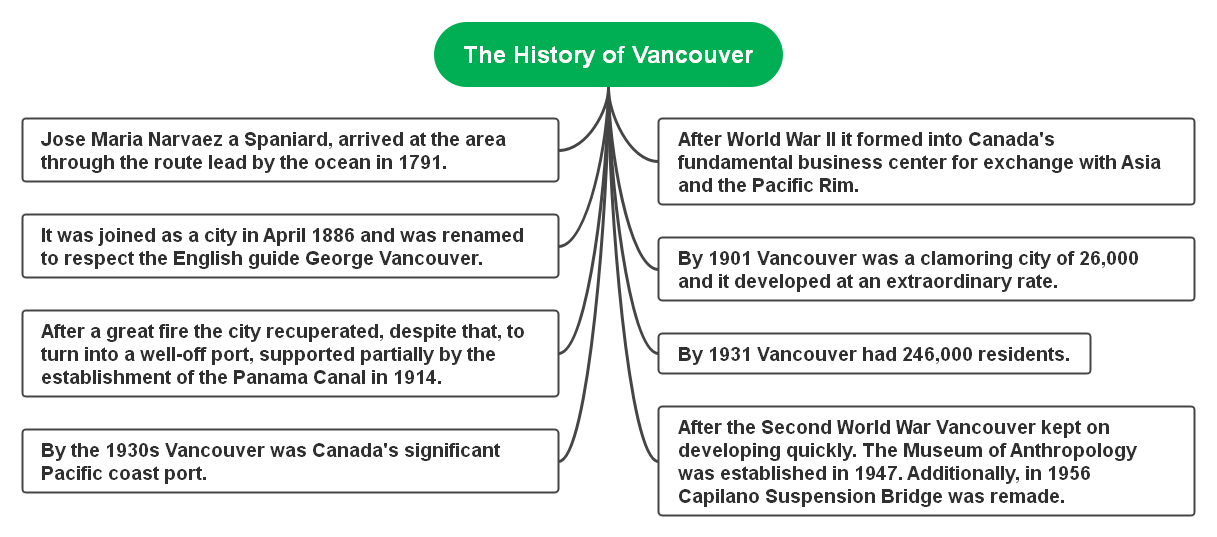
A lot of people concur that Vancouver is perhaps the most delightful urban area on the planet, with a dazzling setting between the excellent Pacific Ocean and the North Shore Mountains. Here are a few facts about Vancouver that might interest you more.
- In TV Production, Vancouver comes second after Los Angeles, and therefore it is known as the Hollywood of North.
- The cruise ship terminal of Vancouver is the fourth largest globally. Mostly, the ships head towards Alaska.
- The worldly popular one of the cosmetic treatments, Botox, which includes lip enhancements, was first invented in Vancouver.
- Vancouver has the 10th largest central park named the Stanley Park.
- The region has the highest prices of real estate in Canada. And as well is known as the third least affordable real estate market.
- The population of Vancouver is 40% immigrants.
- Vancouver is one of the warmest cities in Canada. And it observes only 11 days of snowfall every year.
- Vancouver is a great attraction because of skiing. It has three mountains where they offer skiing, including Cypress Mountain, Grouse Mountain, and Mount Seymour.
- The population of Vancouver is around 2.1 million.
- Vancouver is great in summer. It is dark, dreary, and rainy in winter.
- Vancouver has the longest saltwater pool. It measures 137.5 meters (451 feet).
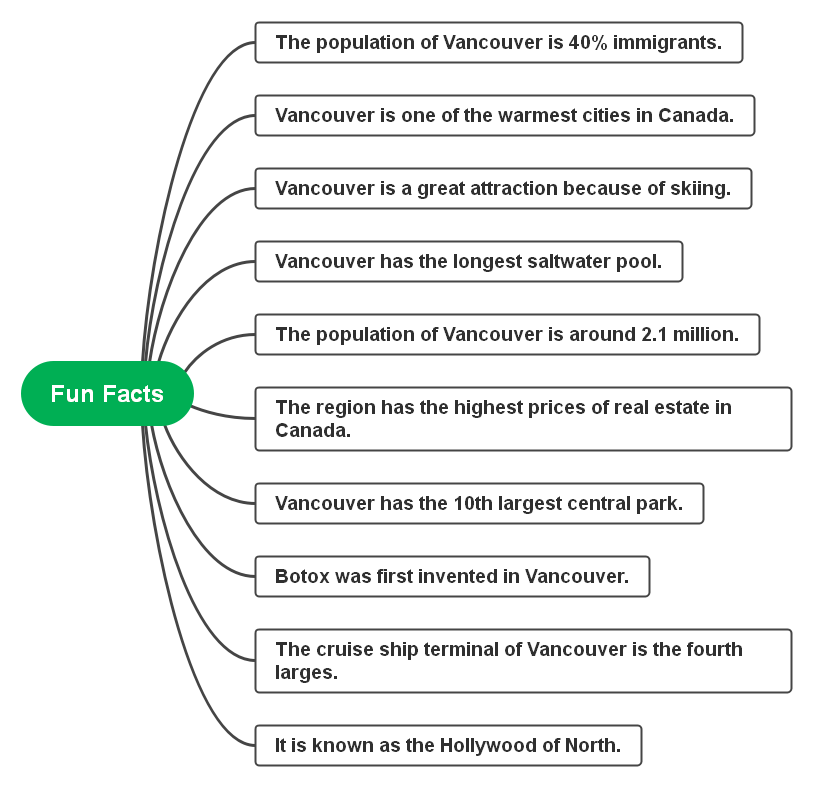
Vancouver, Canada, is surely a spot that is loaded up with bunches of diversity and culture. The variety comes from its diverse history that consists of three distinct, unmistakable groups. These groups of people are no other than the native coastal Indians, the exploration by Europeans, and present-day building blast.
